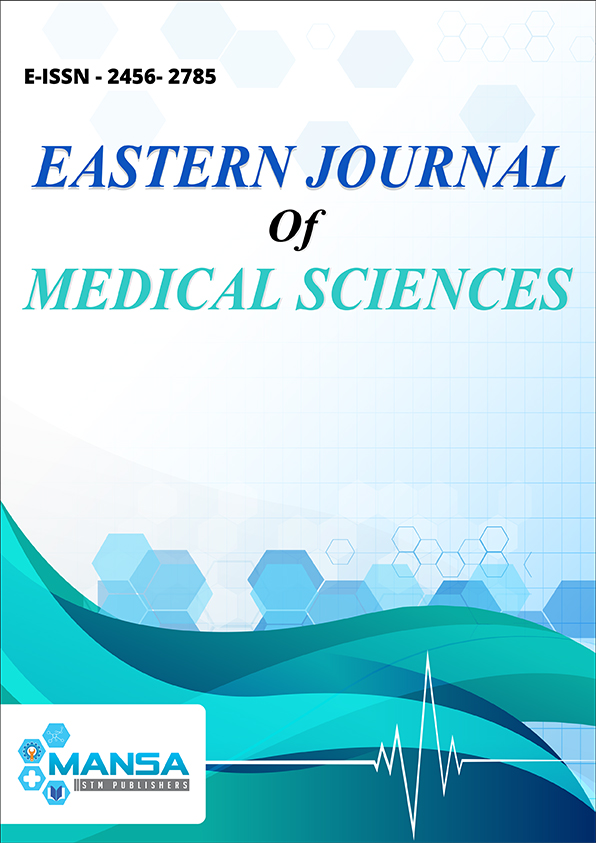Non small cell Carcinoma- Lung: Distribution and spectrum of mutations among patients in Eastern India
DOI:
https://doi.org/10.32677/EJMS.2019.v04.i02.004Keywords:
Non-small cell lung cancer, Adenocarcinoma, EGFR mutation, ALK mutation, smokingAbstract
Background: Lung cancer is one of the most common malignancies in the world. About 80–85% of lung cancers are non-small cell lung cancer (NSCLC). The development of therapeutic agents targeting products of epidermal growth factor receptor (EGFR) gene mutation and anaplastic lymphoma kinase (ALK) rearrangements has significantly improved survival in patients with NSCLC. Thus, the patients eligible for the treatment should be selected through appropriate molecular tests. Objective: The main objective was to study the distribution of NSCLC and its genetic mutations, in the patients of Eastern India. Methodology: A prospective study was carried out among 228 patients, in a tertiary care hospital of Eastern India during a period of 2 years from January 2016 to January 2018. We have included all the patients who were screened and found to have lug carcinoma. The detailed clinical history of the patients was recorded. We have used techniques such as radiology, histopathology, immunohistochemistry (IHC) and molecular study by FISH technique. Results: Out of 138 cases of NSCLC on histopathology 78 cases (56.7%) were reported as squamous cell carcinoma, 46 cases (33.3%) as adenocarcinoma and 14 cases (10.1%) as NSCLC. IHC was used for categorization of NSCLC cases which showed adenocarcinoma in 4 patients and squamous cell carcinoma in 10 patients. EGFR exon 19 deletion mutation was the predominant mutation in adenocarcinoma. Conclusion: Molecular study for genetic analysis has improved the scope for targeted therapy in Nonsmall cell carcinoma patients, thereby reducing mortality and morbidity in cases of lung carcinoma.

